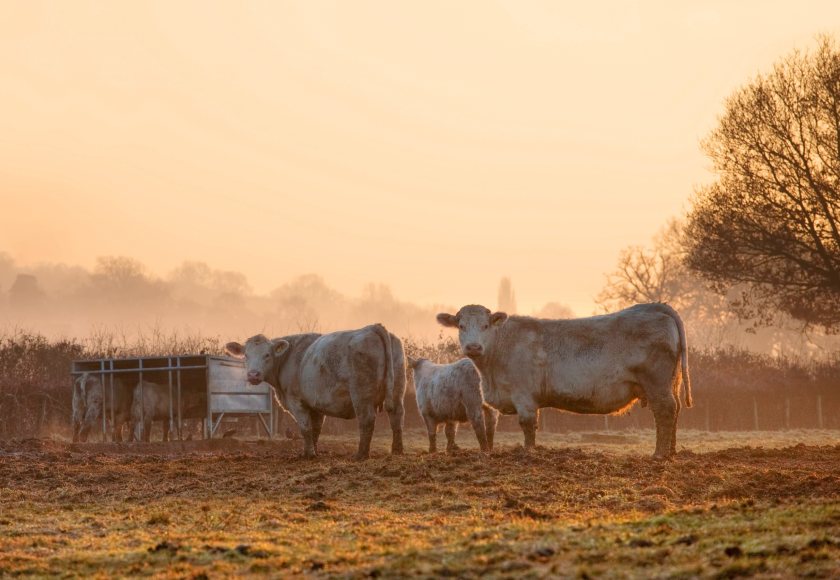
The government has expanded the bluetongue restricted zone to cover more counties across England, including the Isle of Wight, after more cases were detected.
Following the confirmation of 155 cases, the restricted zone and infected area have again been extended, covering 23 counties and one city authority.
The zone now covers Bedfordshire, Berkshire (part), Buckinghamshire, Cambridgeshire, City of Kingston upon Hull, East Riding of Yorkshire, East Sussex, Essex and Greater London.
It also covers Hampshire (part), Hertfordshire, Isle of Wight, Kent, Leicestershire (part), Lincolnshire, Norfolk, North Yorkshire, Northamptonshire, Nottinghamshire, Oxfordshire (part), Suffolk, Surrey, Warwickshire (part) and West Sussex.
Defra said in its latest update: "In accordance with our policy of seeking to contain and slow the spread of disease, the restricted zone was extended on 8 November 2024.
"It follows the identification of a case in cattle on the East Yorkshire and North Yorkshire border, a case in cattle close to the border between Buckinghamshire and Oxfordshire and a case on the Isle of Wight."
In September and October, two cases of the disease were confirmed in Wales in animals imported from England. Wales currently has no restricted or control zones.
It comes as livestock keepers in England can now use any of the permitted bluetongue vaccines without applying for a specific licence.
Defra recently announced a new general licence available for bluetongue (BTV-3) as part of the government's response in curbing the spread of the virus.
Farmers and livestock keepers in England's restricted zone must follow restrictions on animal and germinal product movements.
Susceptible animals cannot be moved out of the zone without a specific licence, and a general licence to move animals to designated abattoirs is also available. Movements within the restricted zone are permitted.
Some farmers have sounded the alarm over price deductions being offered by abattoirs for animals from within the bluetongue restriction zone.
The NFU said the development was 'unacceptable' and called for more fairness in the supply chain.
